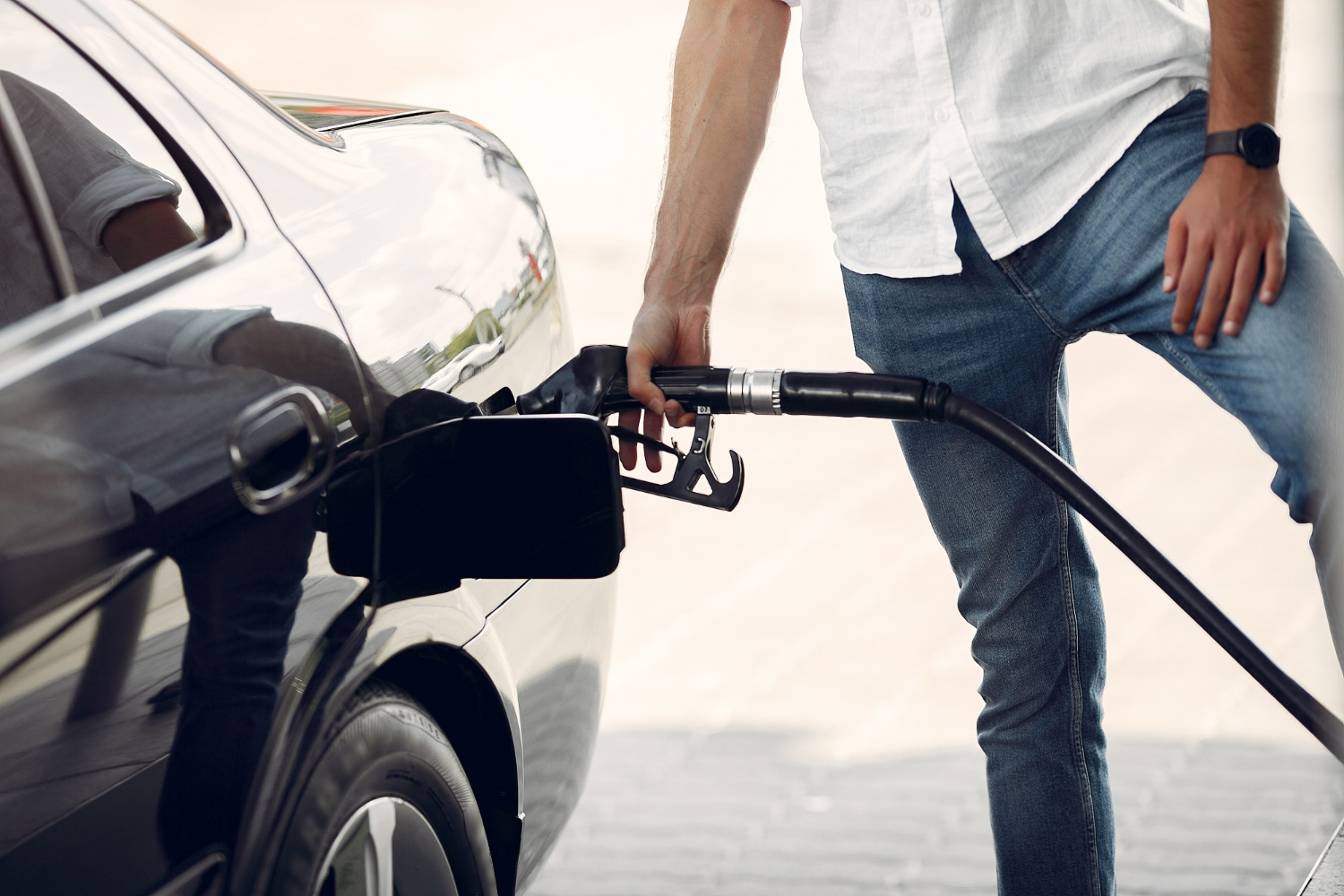Misfuelling, or putting the wrong type of fuel in a vehicle, is a surprisingly common mistake that many drivers make. Although it may seem like a harmless error, misfuelling can lead to severe damage to your engine and costly repairs. With that in mind, let’s discuss the reasons why misfuelling is a problem, how to avoid it, and what to do if it happens to you.
Why is Misfuelling a Problem?
1. Engine Damage
One of the primary reasons why misfuelling is a problem is that it can cause significant damage to your vehicle’s engine and other components. Petrol and diesel engines are designed to work with their specific type of fuel, and using the wrong fuel can lead to a number of issues.
For example, if you accidentally put petrol in a diesel engine, the petrol can act as a solvent, reducing the lubrication of the diesel fuel, which can lead to increased friction and wear on the engine components. This can ultimately result in an engine seizure, which can be a costly repair.
On the other hand, if you put diesel in a petrol engine, the diesel fuel can clog up the spark plugs and fuel system, leading to a loss of power and potential engine failure.
2. Expensive Repairs
As mentioned above, misfuelling can lead to serious damage to your vehicle’s engine and components. Depending on the extent of the damage, repairs can be quite costly, ranging from hundreds to even thousands of dollars.
In some cases, the entire engine may need to be replaced, which can be a significant financial burden for vehicle owners. Additionally, many insurance policies do not cover damage caused by misfuelling, leaving the owner to cover the full cost of repairs.
3. Environmental Impact
Misfuelling can also have negative effects on the environment. When the wrong fuel is used in a vehicle, it can lead to increased emissions and pollution. Furthermore, the process of draining and disposing of the contaminated fuel can also have environmental consequences if not done properly.
What to Do If You Misfuel
If you realise that you have accidentally misfuelled your vehicle, it is crucial to take the following steps to minimise potential damage and ensure the safety of your vehicle:
1. Do not start the engine or drive the vehicle: Starting the engine or driving the vehicle with the wrong fuel can cause the contaminated fuel to circulate throughout the engine and fuel system, potentially leading to more extensive damage. If you have not yet started the engine, do not do so.
2. Notify the petrol station staff: Inform the staff at the petrol station about the situation, as they may be able to provide guidance or assistance.
4. Contact a breakdown service or mechanic: It’s important to have a professional assess the situation and determine the best course of action. They will likely need to drain the fuel tank and flush the fuel system in order to remove the contaminated fuel.
5. Be prepared for potential repairs: Depending on the extent of the damage, your vehicle may require repairs or replacement parts. So, be ready for this possibility and work with a trusted mechanic to ensure that your vehicle is repaired correctly.
The Bottom Line
Misfuelling is a common and costly mistake that can cause significant damage to your vehicle and inconvenience to your daily life. By taking the necessary precautions and knowing what to do in case of misfuelling, you can minimise the negative impacts and keep your car running smoothly. Remember to stay vigilant and focused when filling up your vehicle to ensure you avoid the pitfalls of misfuelling.
When it comes to dealing with wrong fuel situations, you need a reliable and professional service that can get you back on the road quickly and efficiently. With Fuel Fixer’s 24/7 wrong fuel service, you can trust that our team of expert technicians will be there for you whenever you need us, providing fast response times, comprehensive services, and competitive pricing.
Don’t let a wrong fuel mishap ruin your day—contact Fuel Fixer and let us get you back on the move!
